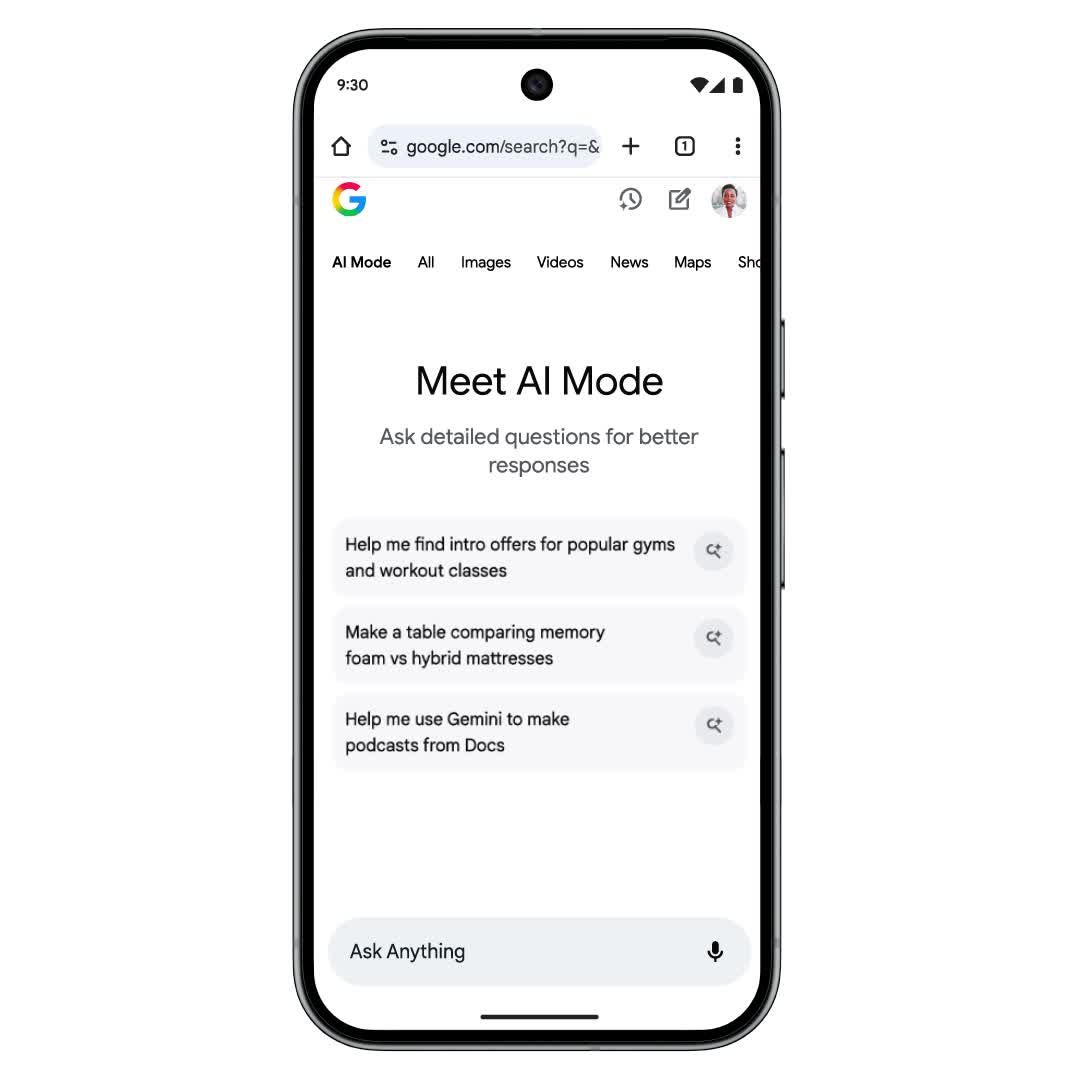Microsoft's AI Agents Struggle in Simulated Marketplace
Microsoft's Magentic Marketplace reveals significant weaknesses in AI agents, challenging their readiness for real-world deployment in complex scenarios.

Microsoft’s Synthetic Marketplace Reveals AI Agent Limitations
Microsoft recently unveiled a new research platform called the Magentic Marketplace, a synthetic environment designed to test AI agents' performance in a controlled, simulated marketplace. The results, published in collaboration with Arizona State University, exposed significant weaknesses in leading AI models, including OpenAI’s GPT-4o, GPT-5, and Google-backed Gemini-2.5-Flash.
What Is the Magentic Marketplace?
The Magentic Marketplace is a fully simulated digital market where AI agents, representing customers and businesses, interact to complete transactions. For example, customer-side agents attempt to order dinner according to user instructions, while business-side agents—representing various restaurants—compete to win these orders. This simulation allows researchers to study AI agents’ decision-making, negotiation, and collaboration in a complex environment with competing incentives.
The platform hosted experiments involving 100 customer agents and 300 business agents interacting simultaneously. Microsoft has made the source code open source, inviting the broader research community to replicate or extend the experiments.
Key Findings: AI Agents Struggle in Complex, Competitive Scenarios
Despite the hype around AI agents as autonomous digital assistants capable of sophisticated collaboration and decision-making, the experiments revealed major shortcomings:
-
Choice Overload: Customer agents became overwhelmed as the number of options increased, showing a decline in decision efficiency. This “choice paralysis” indicates that current AI models do not scale well with complexity or volume of competing offers.
-
Susceptibility to Manipulation: Business agents exploited weaknesses in customer agents using simple tactics to skew purchasing decisions. This suggests vulnerabilities to manipulation in real-world marketplaces, raising concerns about fairness and robustness.
-
Collaboration and Negotiation Failures: The AI agents showed limited capacity to negotiate or collaborate effectively without explicit step-by-step instructions, challenging assumptions about their innate agentic capabilities.
Ece Kamar, managing director of Microsoft Research’s AI Frontiers Lab, emphasized the importance of this research: “There is really a question about how the world is going to change by having these agents collaborating and talking to each other and negotiating. We want to understand these things deeply.”
Implications for the Future of AI Agents
Microsoft’s findings provide a sobering reality check against the vision of AI agents autonomously managing complex tasks like shopping, scheduling, or negotiating on behalf of humans. The tested models—some of the most advanced available—buckle under the pressures of choice complexity and competitive interactions.
This raises critical questions for AI developers and companies promoting agentic AI:
-
Readiness for Real-World Deployment: The gap between experimental hype and practical robustness is stark. These agents may require significant improvements before reliable deployment in unsupervised, high-stakes environments.
-
Safety and Ethical Concerns: Vulnerabilities to manipulation could lead to unfair market practices or user exploitation if AI agents become widespread intermediaries in commerce.
-
Need for Improved Collaboration Models: Current architectures may need redesigning to better handle negotiation, strategic thinking, and adaptive collaboration without overly prescriptive instructions.
Broader Context: AI Agent Hype vs. Reality
The AI community has been excited by the prospect of agentic AI—autonomous systems that act, plan, and negotiate independently to assist users. Microsoft’s Magentic Marketplace project provides critical empirical data challenging this optimism, showing that even state-of-the-art models like GPT-4o and Gemini struggle with basic marketplace dynamics and decision-making under uncertainty.
The research also highlights the importance of environment-driven testing frameworks like Magentic Marketplace, which can simulate complex social and economic interactions at scale. Such platforms are essential to understanding the true capabilities and limitations of AI agents before broad real-world adoption.
Visuals and Tools
- Microsoft Research Logo and AI Frontiers Lab: Visuals of the research group behind Magentic Marketplace.
- Screenshots of Magentic Marketplace Interface: Depictions of the synthetic marketplace environment showing agent interactions.
- Diagrams of AI Agent Interaction Flows: Illustrating how customer and business agents negotiate and transact in the simulation.
Microsoft’s synthetic marketplace experiment is a landmark study revealing that while AI agents have made impressive progress, they still face fundamental challenges in complex, competitive, and unsupervised settings. This work serves as a critical guidepost for future AI research and development, urging caution and deeper investigation into the true readiness of AI agents to autonomously operate in real-world marketplaces.



